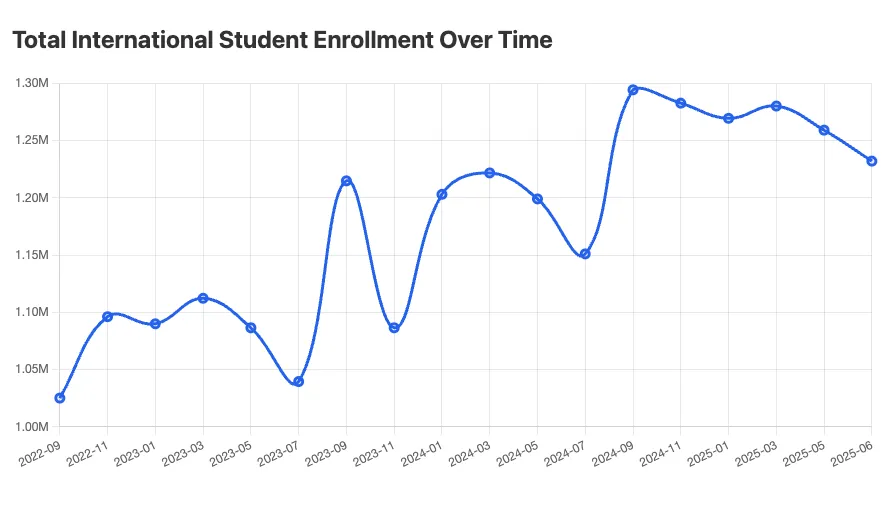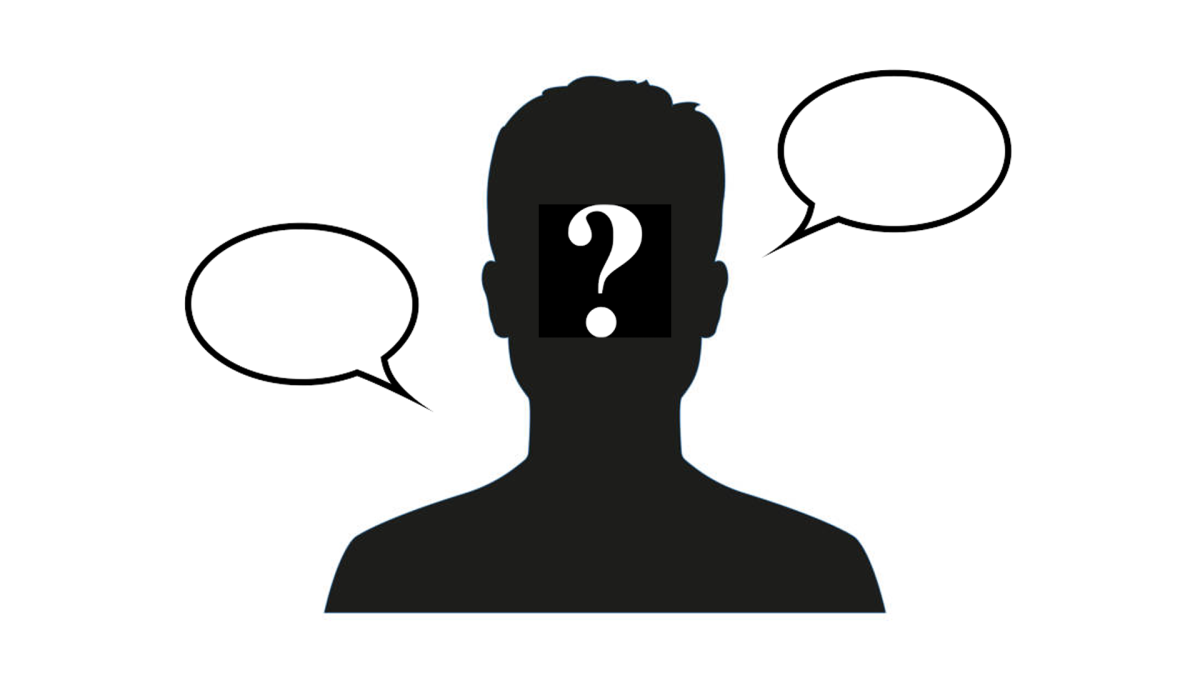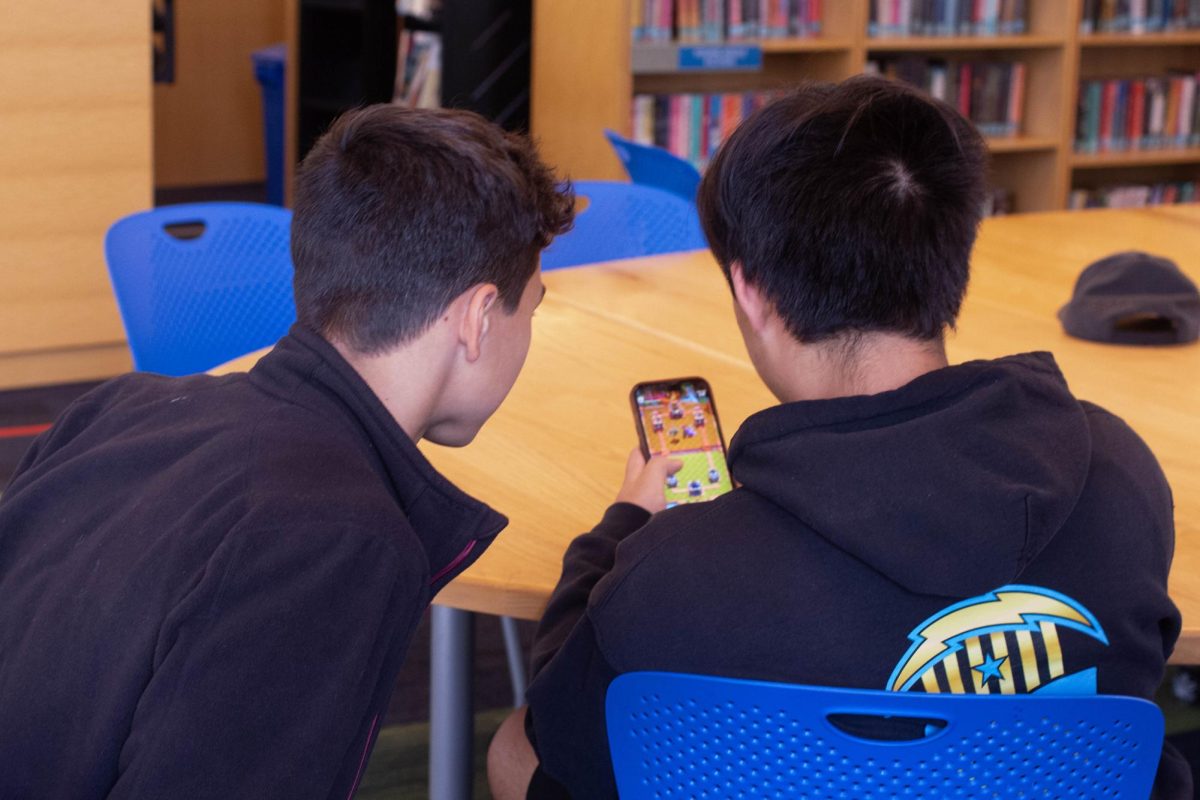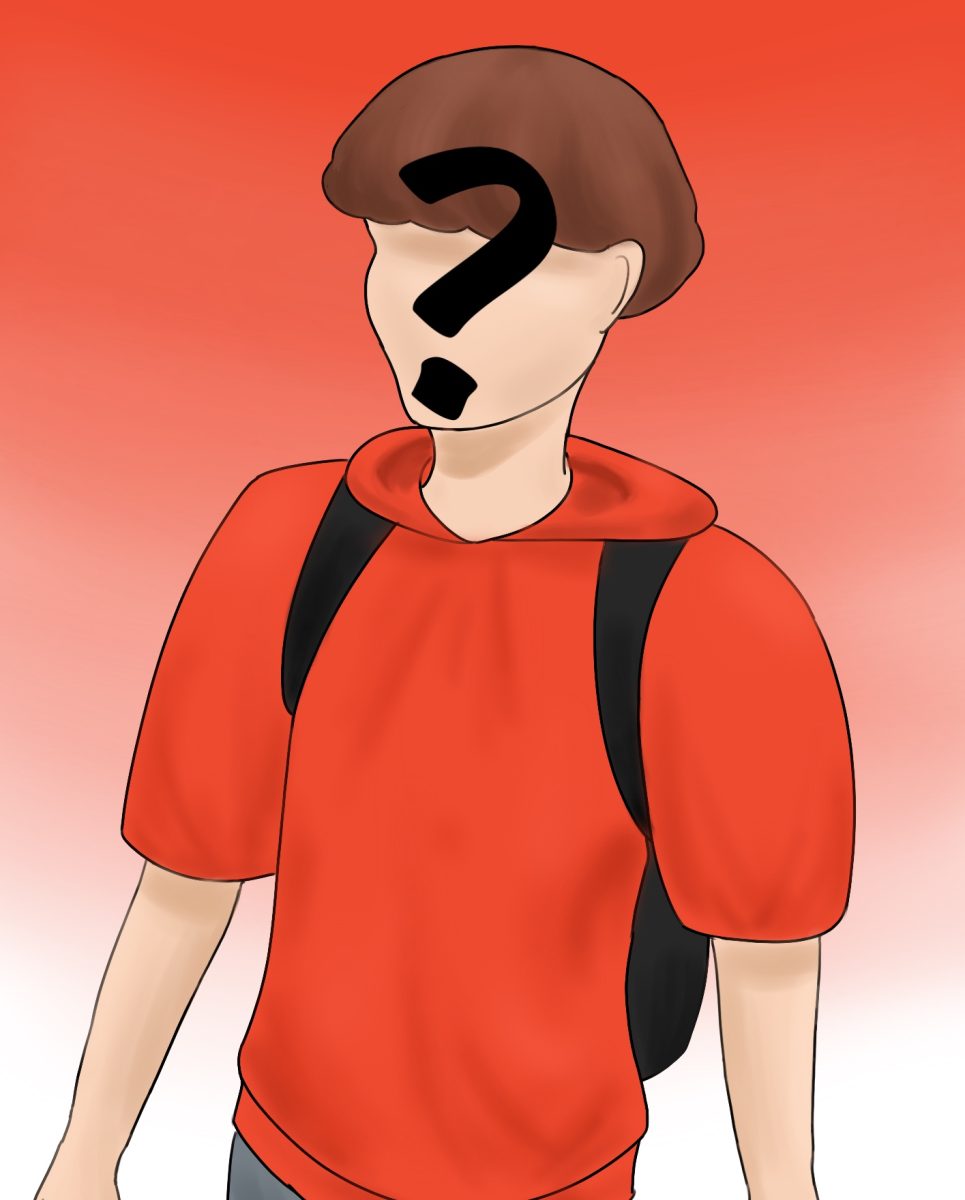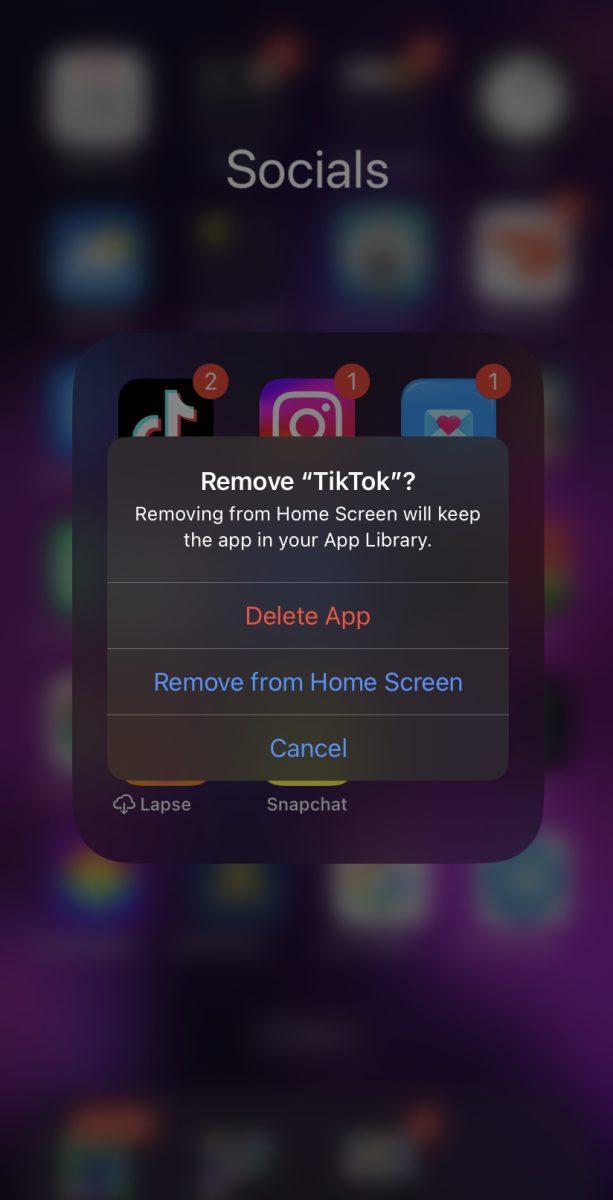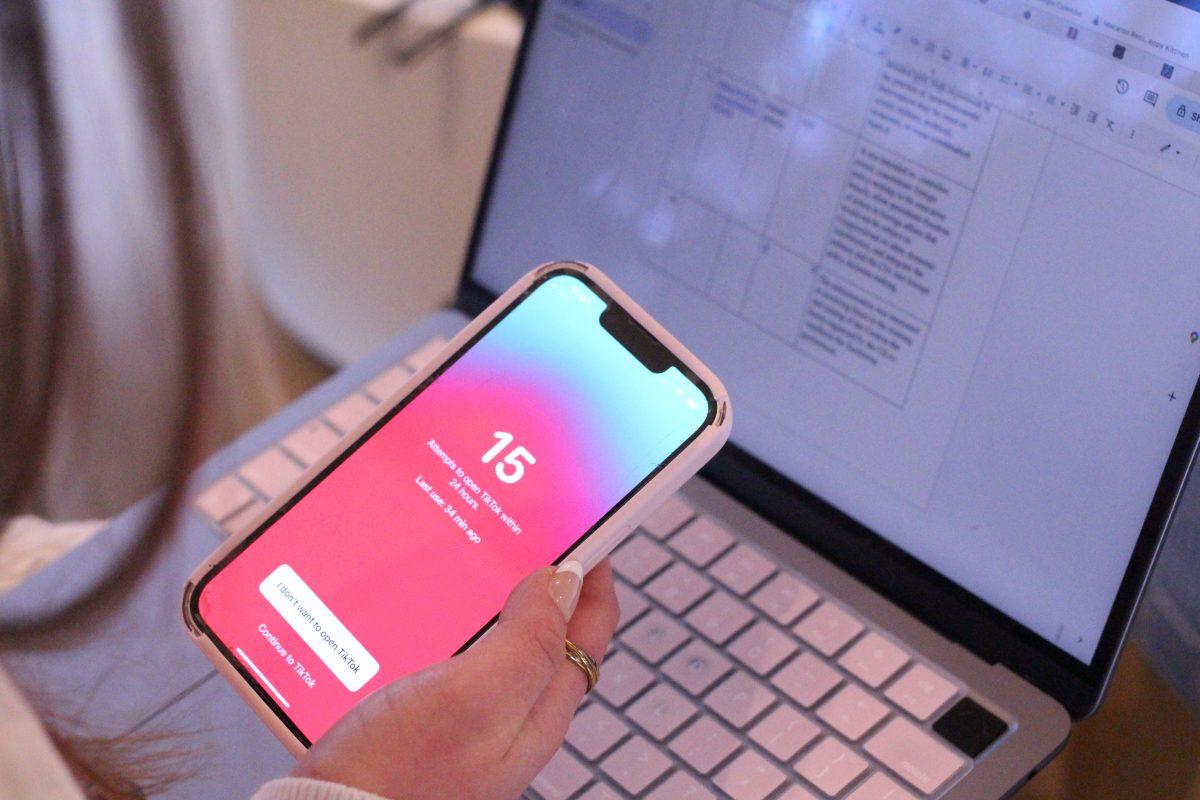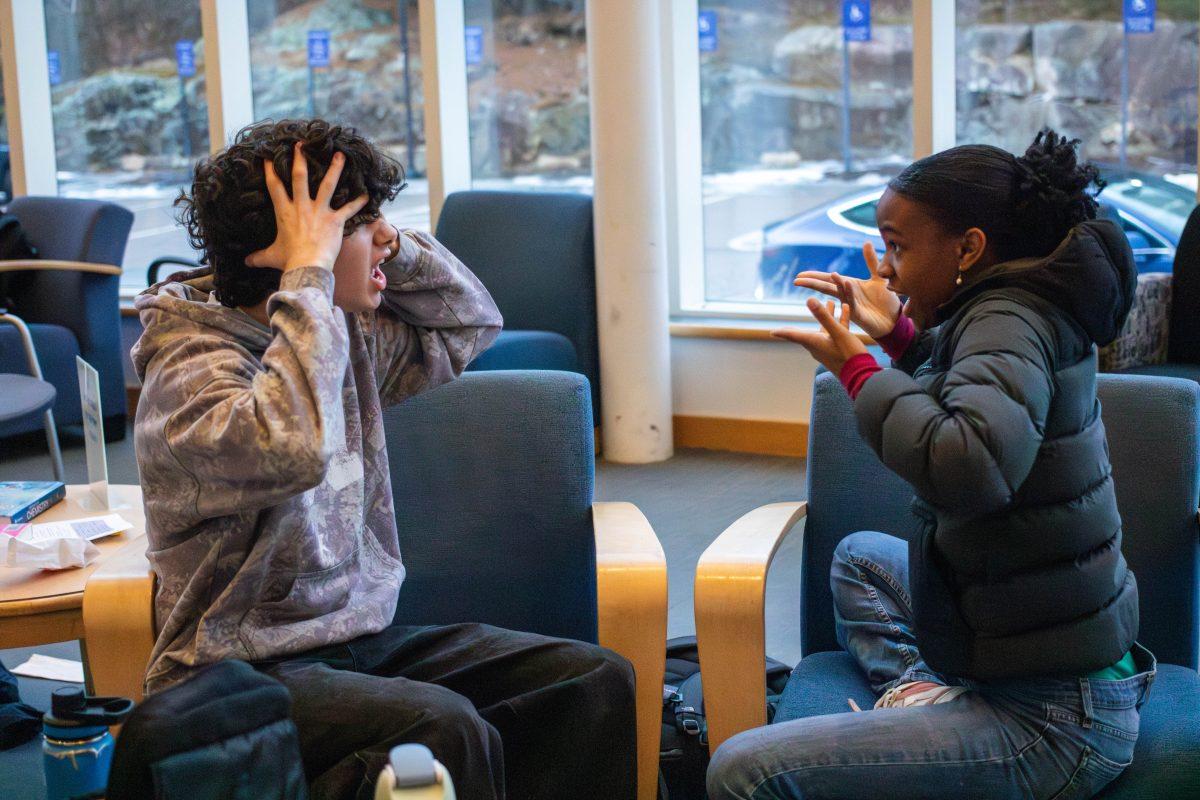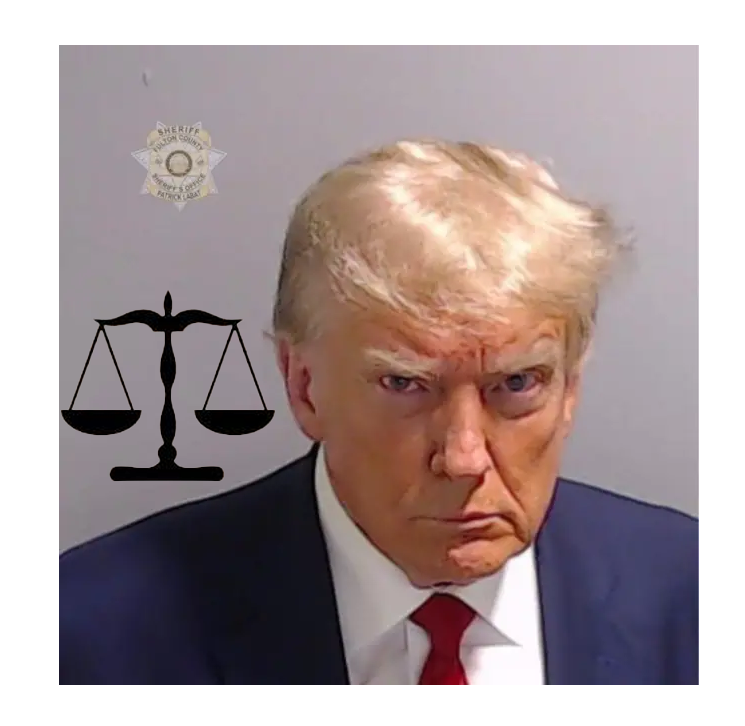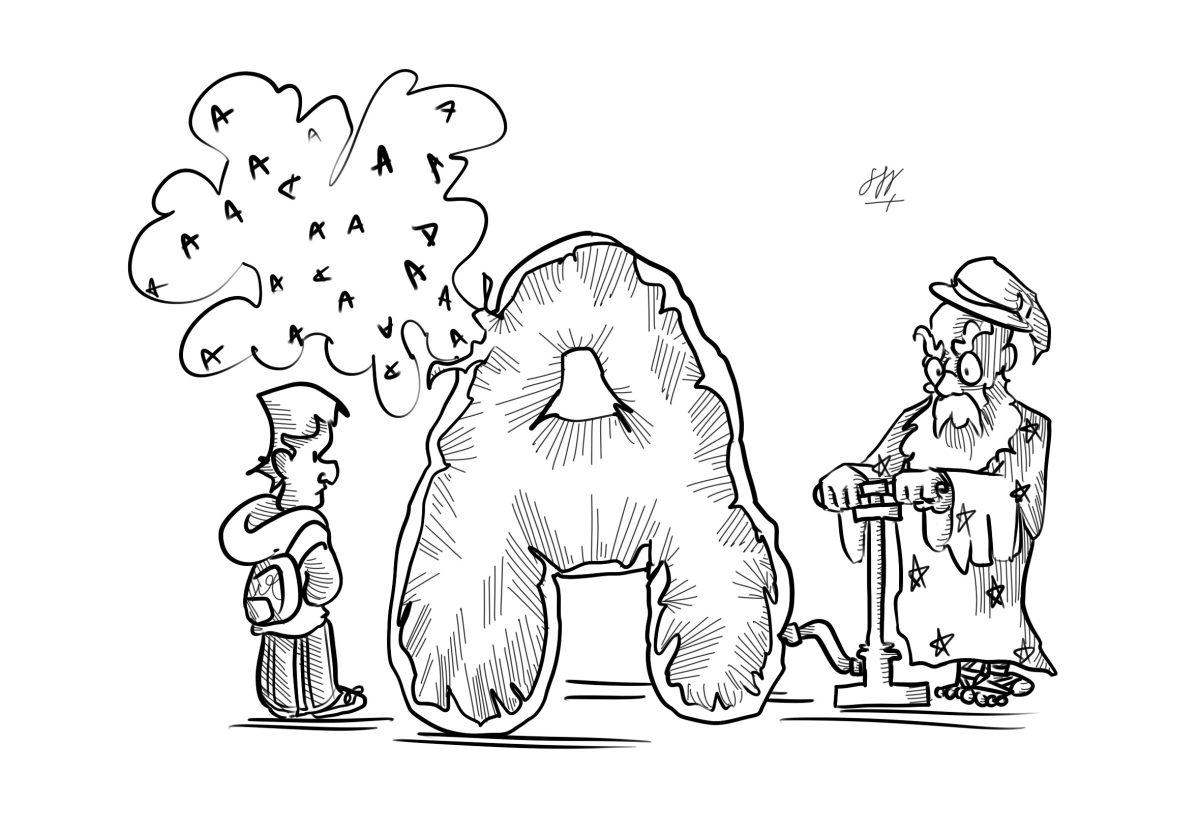On what seemed like just a regular Friday, young people everywhere were met with confusion, devastation, and even anger as their TikTok apps shut down and their nights of scrolling were brought to an abrupt halt. Those who had deleted the app, thinking re-installing it would do the trick, were shocked to find TikTok missing from the Apple App Store and the Google Play Store. The Supreme Court upheld the federal law banning the app unless its China-based parent company, ByteDance, sold it. Yet, after nearly a month, TikTok is back. However, as a student, teenager, and citizen, I think TikTok should be gone forever.
With over 135.79 million current American users, as cited on Statista, TikTok’s grasp on the American public is extremely strong. That means that ByteDance has access to a significant amount of American user data. Concerns that the Chinese government could gain access to sensitive information (such as location data) via TikTok prompted Congress to pass legislation to ban the app. U.S. lawmakers have highlighted laws that allow the Chinese government to demand data from Chinese companies for intelligence operations, as their national security laws require organizations to cooperate with intelligence gathering. Retired Army General Paul Nakasone, Commander of the U.S. Cyber Command, Director of the National Security Agency, and the Chief of the Central Security Services, said, “[TikTok] provides a foreign nation a platform for information operations, a platform for surveillance, and a concern we have with regards to who controls that data.” I, for one, would prefer not to be spied on by a foreign government.
“[TikTok] provides a foreign nation a platform for information operations, a platform for
surveillance, and a concern we have with
regards to who controls that data.”
The national security risks TikTok poses to the United States is not an abstract concept, as other governments utilize technology amidst war. John Plumb, Assistant Secretary of Defense for Space Policy and Principal Cyber Advisor to the Secretary of Defense said that TikTok is a “potential threat vector” to the United States and has highlighted Russia’s persistent and harmful cyber activities to support its global espionage campaigns, steal intellectual property, and promote disinformation. Russia’s use of cyber weapons as a key component of its wartime strategy, primarily against Ukraine, underscores the critical relationship between technology and national security–something that American citizens should want to protect.
In addition to being a major security threat, disinformation proliferates on TikTok’s platform, leaving users vulnerable to inaccurate and offensive content. Sen. Mark Warner, D-VA, said, “It’s not hard to imagine how a platform that facilitates so much commerce, political discourse, and social debate could be covertly manipulated to serve the goals of an authoritarian regime.” China could also use TikTok’s content recommendations to fuel misinformation, a concern that grew in the U.S., especially after the start of the Israeli-Hamas war and during the 2024 Presidential Election. Under the Biden administration, the Office of the Director of National Intelligence wrote in its 2024 annual threat assessment: “[China] aims to sow doubts about U.S. leadership, undermine democracy, and extend Beijing’s influence.”
“It’s not hard to imagine how a platform that facilitates so much commerce, political discourse,
and social debate could be covertly manipulated
to serve the goals of an authoritarian regime.”
Another area of grave concern is the impact of TikTok on adolescent mental health. According to a recent study published in a journal article in the American Psychological Association, more hours spent on TikTok predicted lower life satisfaction and had an inverse association with positive emotions. Additionally, the time spent on the app was highly associated with more depressive symptoms. TikTok’s strategic algorithm is designed to keep users scrolling through its essentially infinite feed, extending a user’s time on the app and, therefore, its negative effects.
In another study featured in CBS News, researchers set up TikTok accounts posing as 13-year-old users interested in content about body image and mental health. It was revealed that within as few as 2.6 minutes after joining the app, TikTok’s algorithm recommended content promoting suicide, and within as few as 8 minutes, content regarding eating disorders. With no control of TikTok’s algorithm or feed, users may unwillingly see content that is depressive or suicidal. While some users argue that they use TikTok to enjoy videos of puppies, nature, or sports, they will likely come across potentially damaging content at some point during their app use.
As a previous TikTok user myself, I understand how the advertised humor and excitement of the app are enticing, yet it is like that for a reason. I am not passing judgment on those who use and enjoy TikTok. However, in researching this issue, I have come to believe that for the sake of national security and the mental health of American teenagers, it is best to remove this addictive platform.

